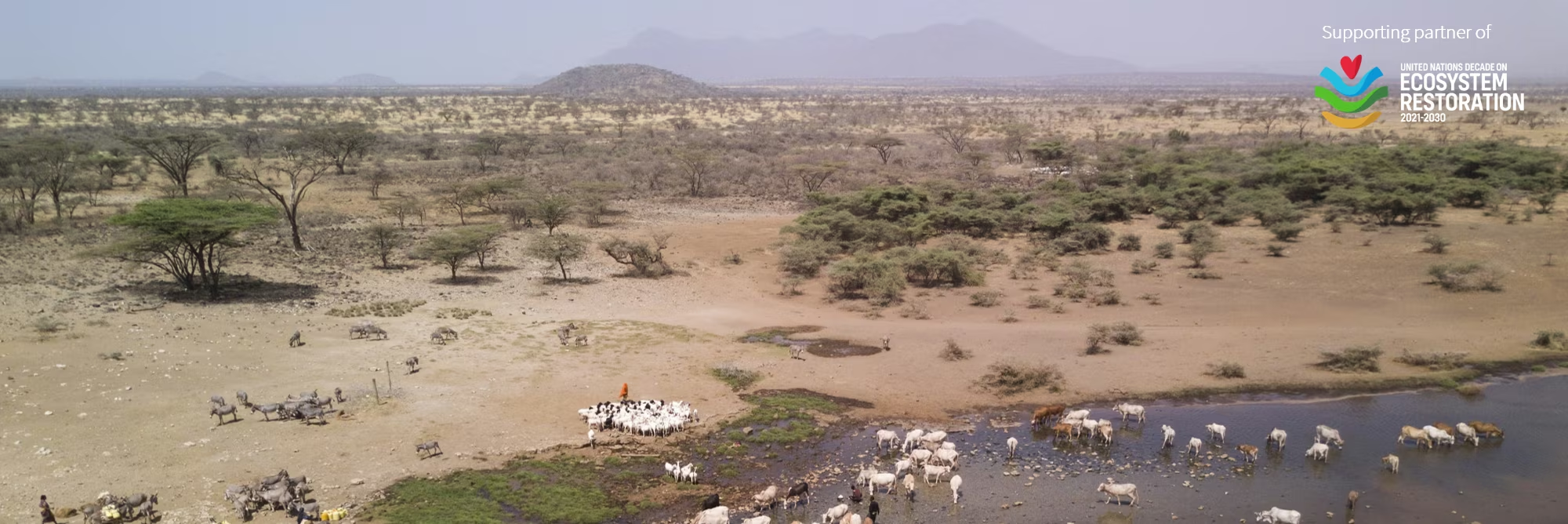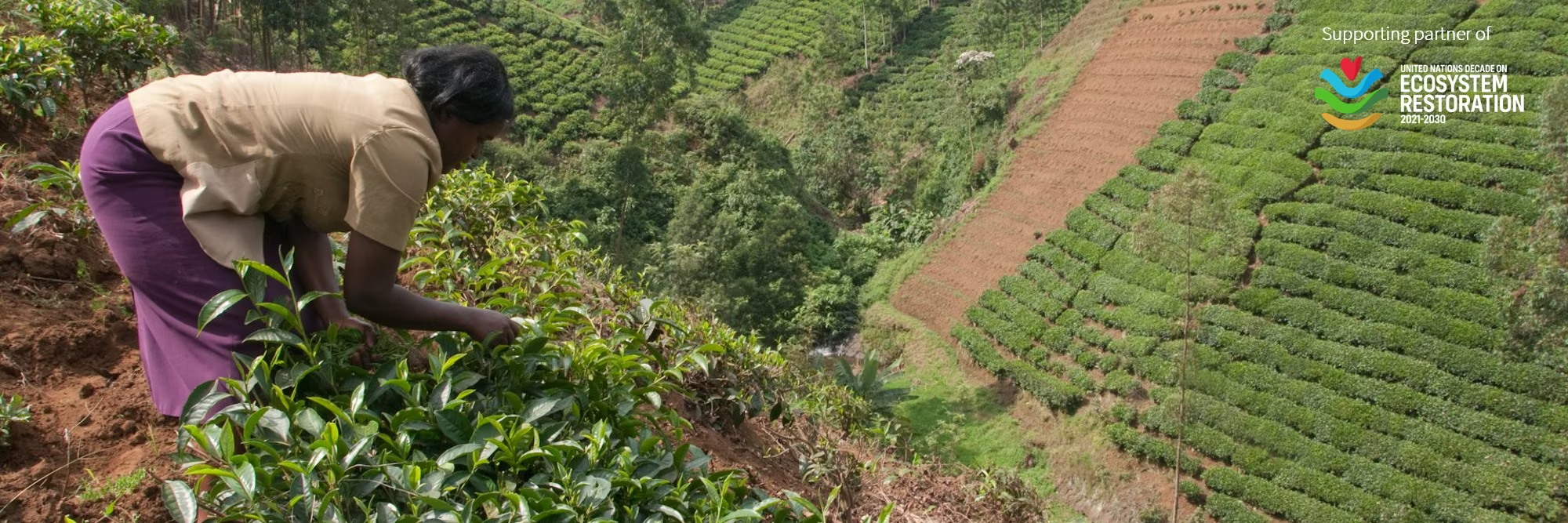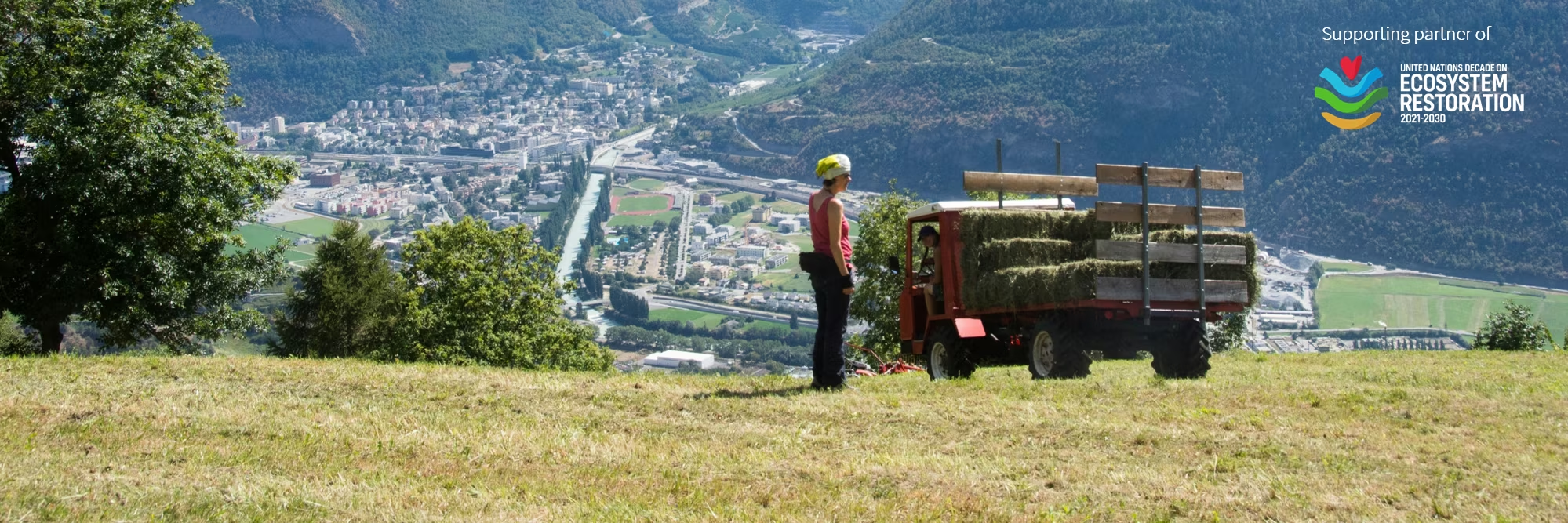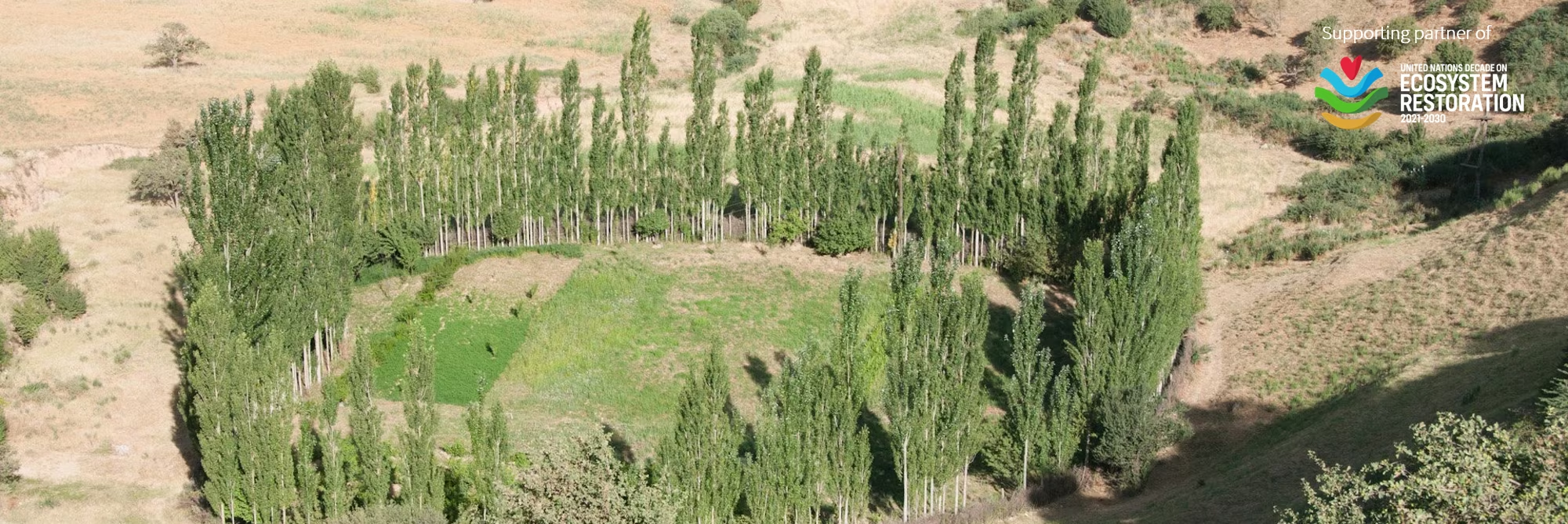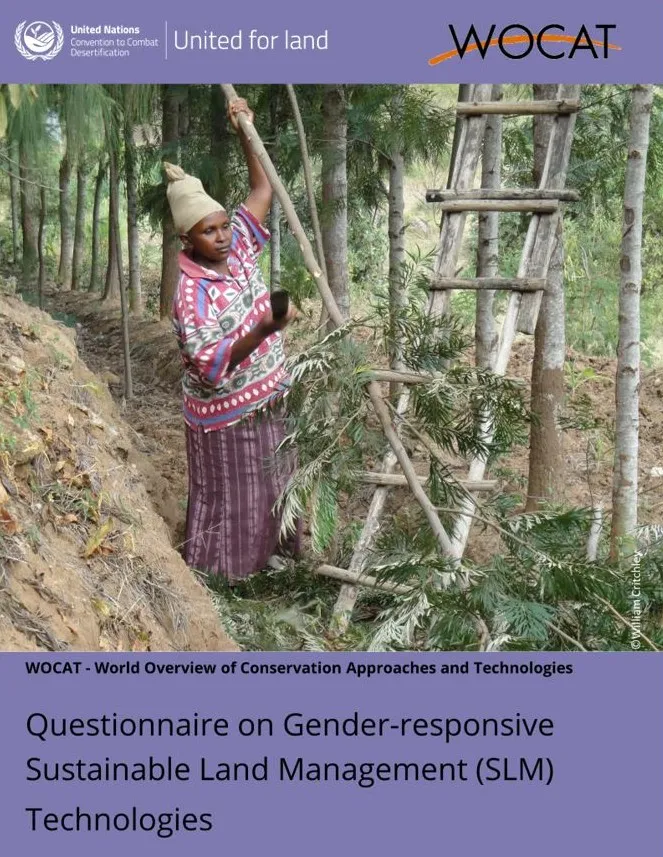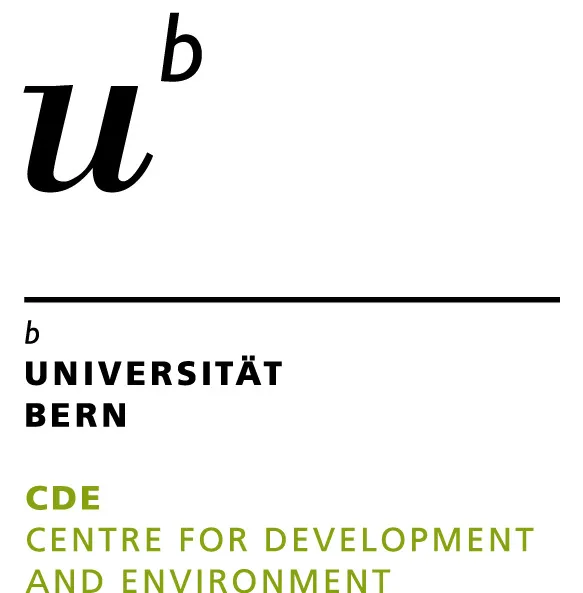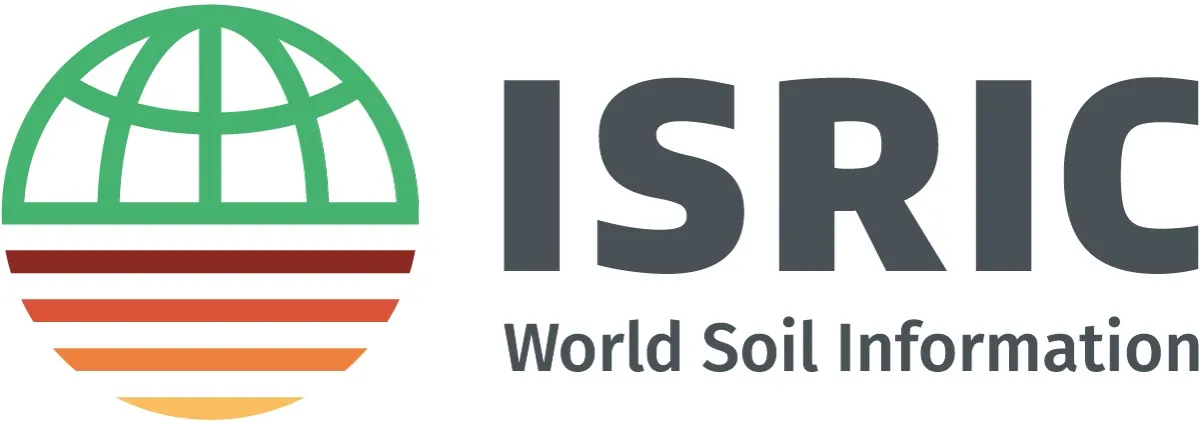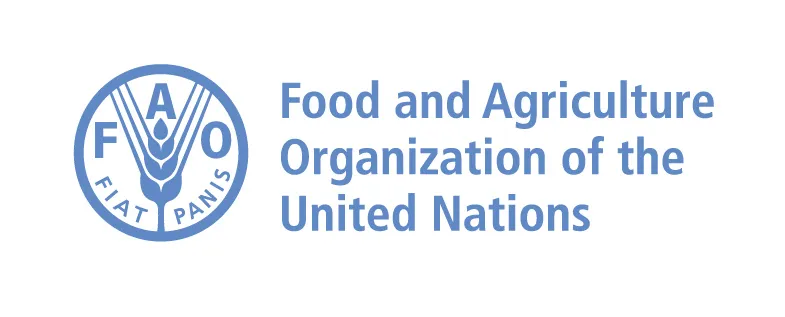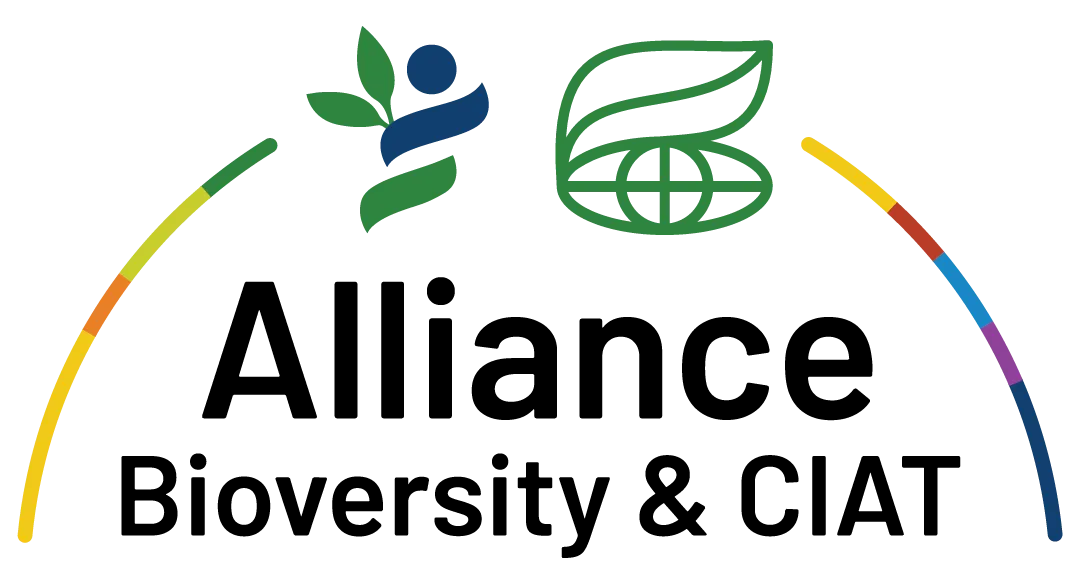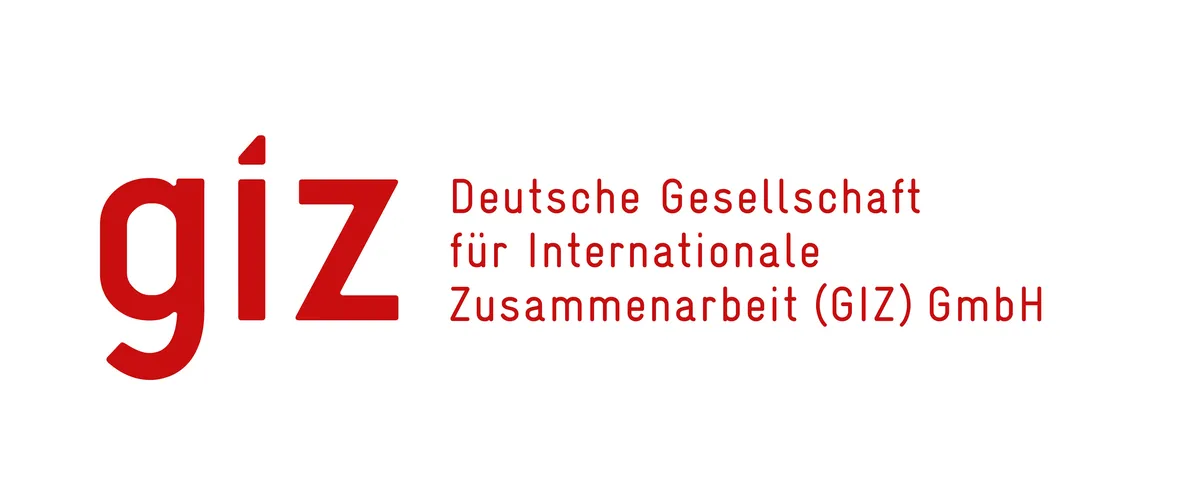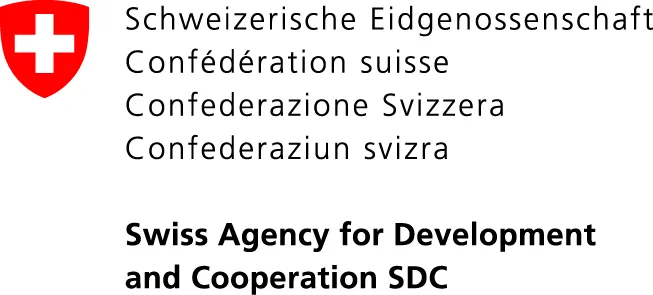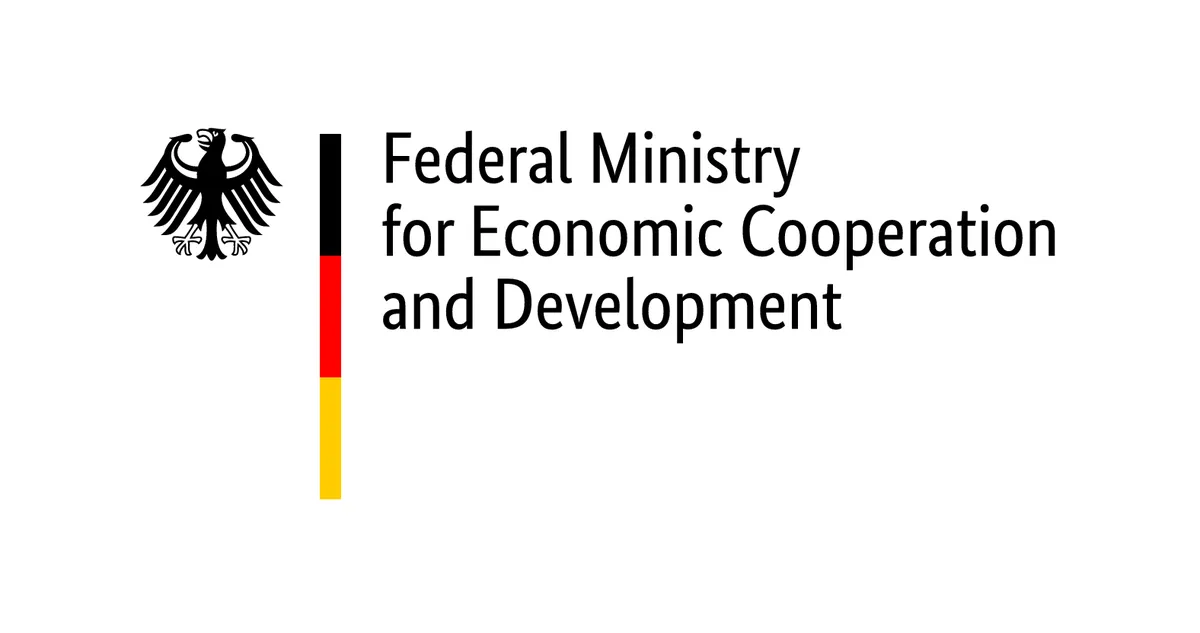WOCAT
Welcome to WOCAT – the World Overview of Conservation Approaches and Technologies
WOCAT, the World Overview of Conservation Approaches and Technologies, is a global network on Sustainable Land Management (SLM) that promotes the documentation, sharing and use of knowledge to support adaptation, innovation and decision-making in SLM.
Events
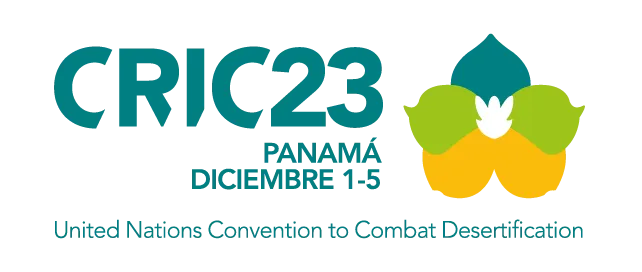
WOCAT was present at the UNCCD CRIC 23 in Panama City, Panama, from December 1-5, 2025. This important session brought together representatives from 196 countries to review global efforts against desertification, land degradation, and drought. We are excited to contribute to discussions on achieving land degradation neutrality and building a more resilient future.
News
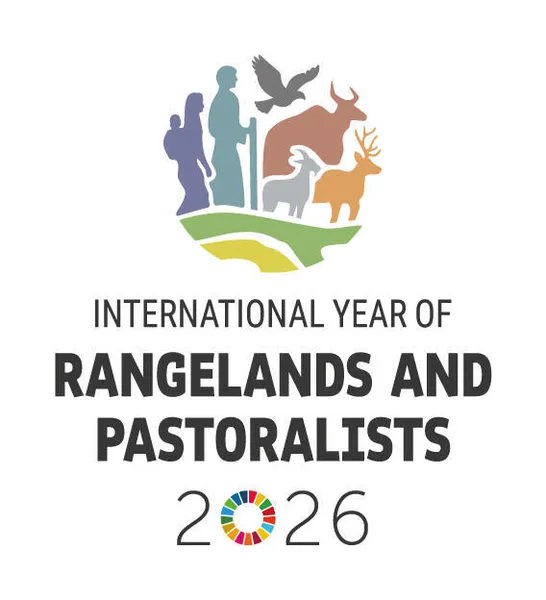
The International Year of Rangelands and Pastoralists (IYRP) has officially begun. This is the year to raise our voices for improved pastoralist livelihoods and advocate for sustainable rangeland management. This is the moment to recognize the indispensable benefits rangelands provide for supporting the livelihoods and socio-ecological resilience of hundreds of millions of people, conserving bio-cultural diversity, restoring degraded lands, fostering sustainable food systems, and advancing climate action.
Discover good practices on pastoralism and rangelands including solutions from the rangelands of subsaharan Africa.
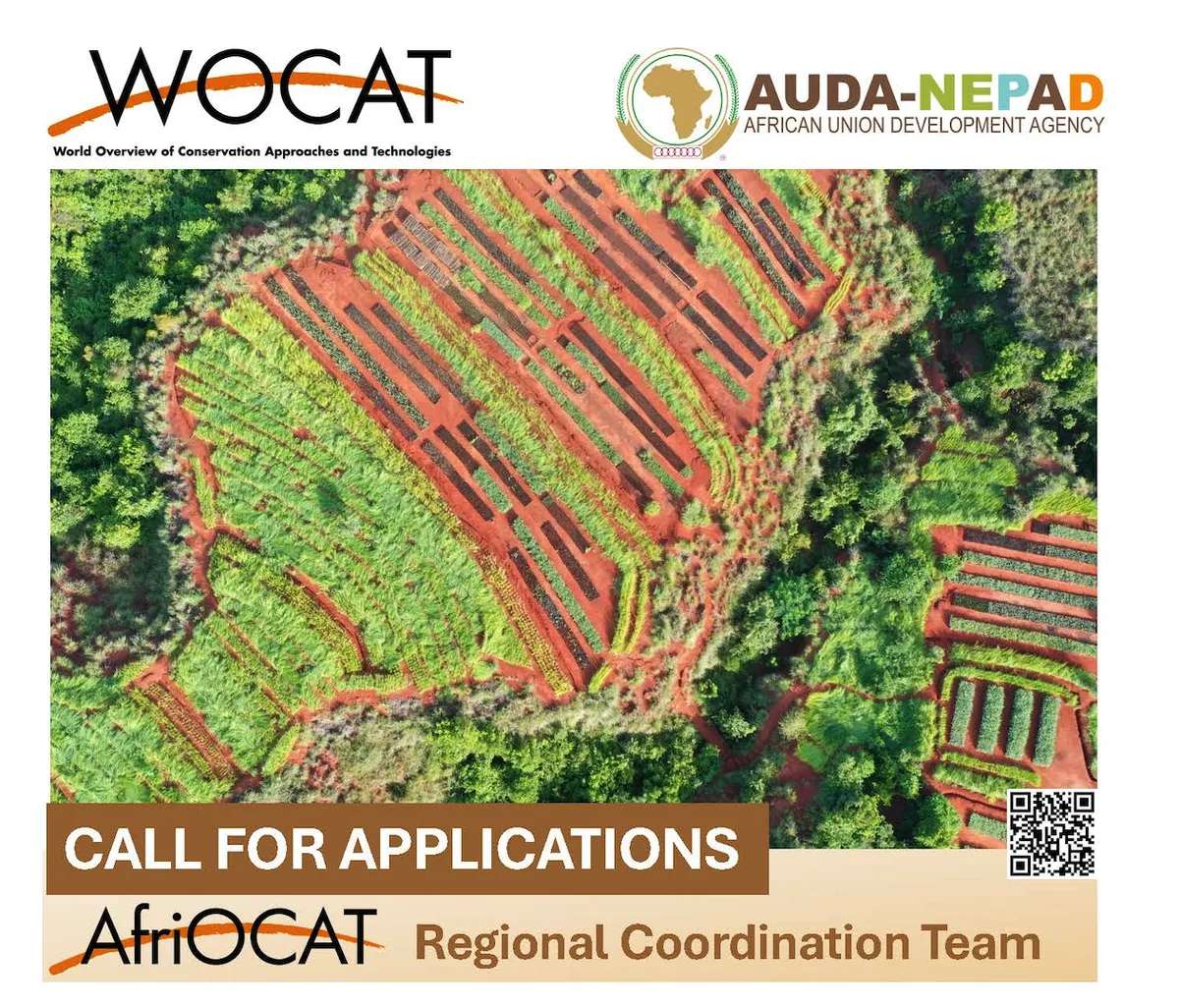
This is an opportunity for organizations in Africa operating in the field of Sustainable Land Management and Land Degradation Neutrality. Find the eligibility criteria here: https://shorturl.at/gfs7g and apply by January 31, 2026
Become WOCAT Organizational Member: https://shorturl.at/3in5k
Fill the candidacy file: https://shorturl.at/QFTpg
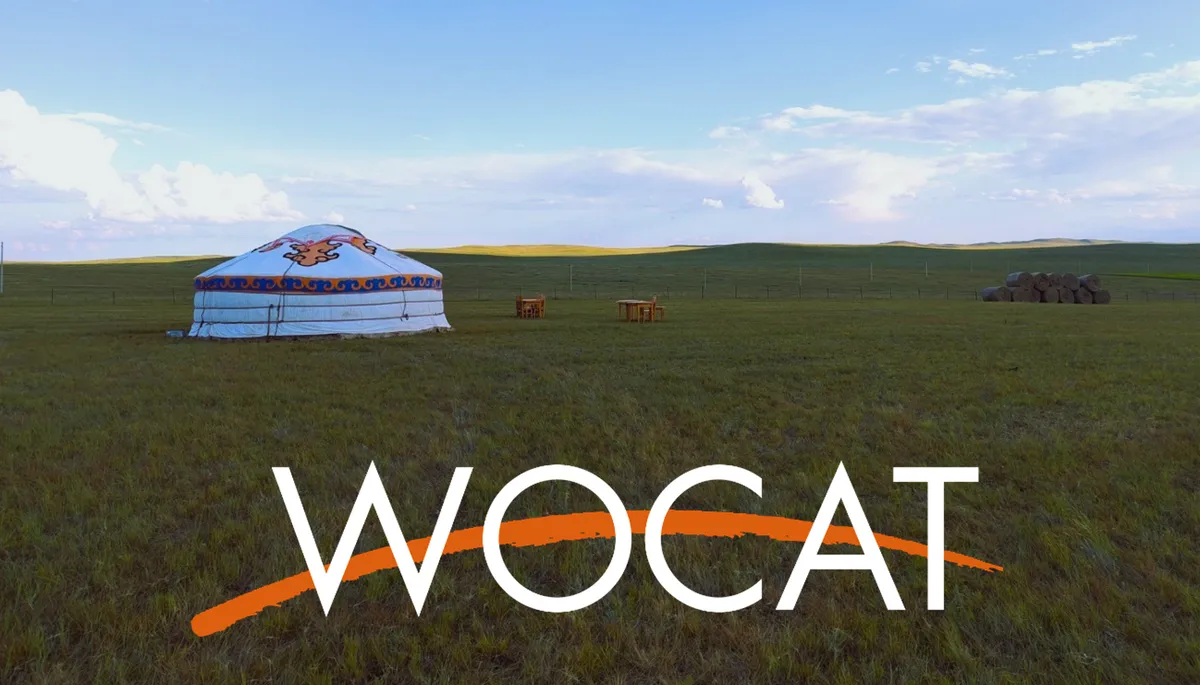
The Newsletter is out! Dive in and learn more about AfriOCAT and our journey towards regionalizing WOCAT. Together we are continuing our work towards sustainable land management and land degradation neutrality!
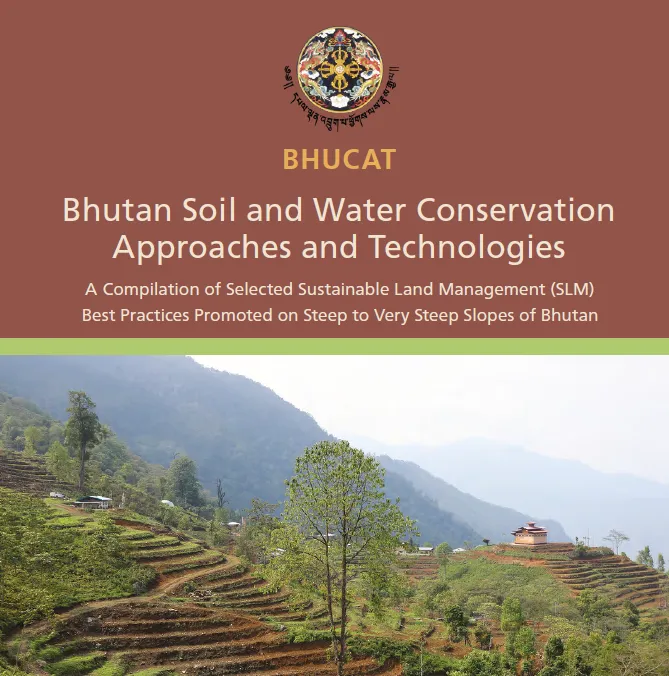
We are excited to announce the release of Bhutan Soil and Water Conservation Approaches and Technologies (BHUCAT). This vital compilation documents selected Sustainable Land Management (SLM) best practices. BHUCAT serves as a key reference and knowledge-sharing platform, offering practical guidance for farmers, field practitioners, and policymakers to scale resilient land use systems.
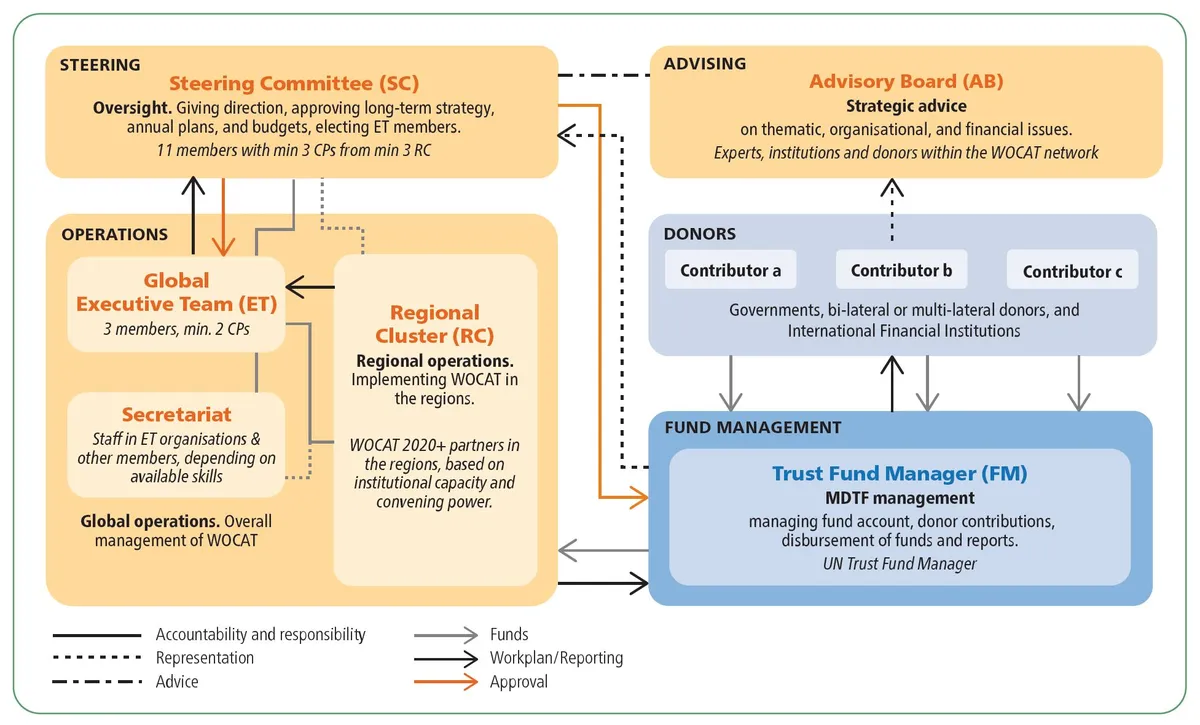
The MDBF, hosted by the UNCCD Secretariat, is a collaborative financial mechanism that pools donor resources to accelerate the global implementation of innovative SLM solutions, addressing critical gaps in knowledge and capacity.
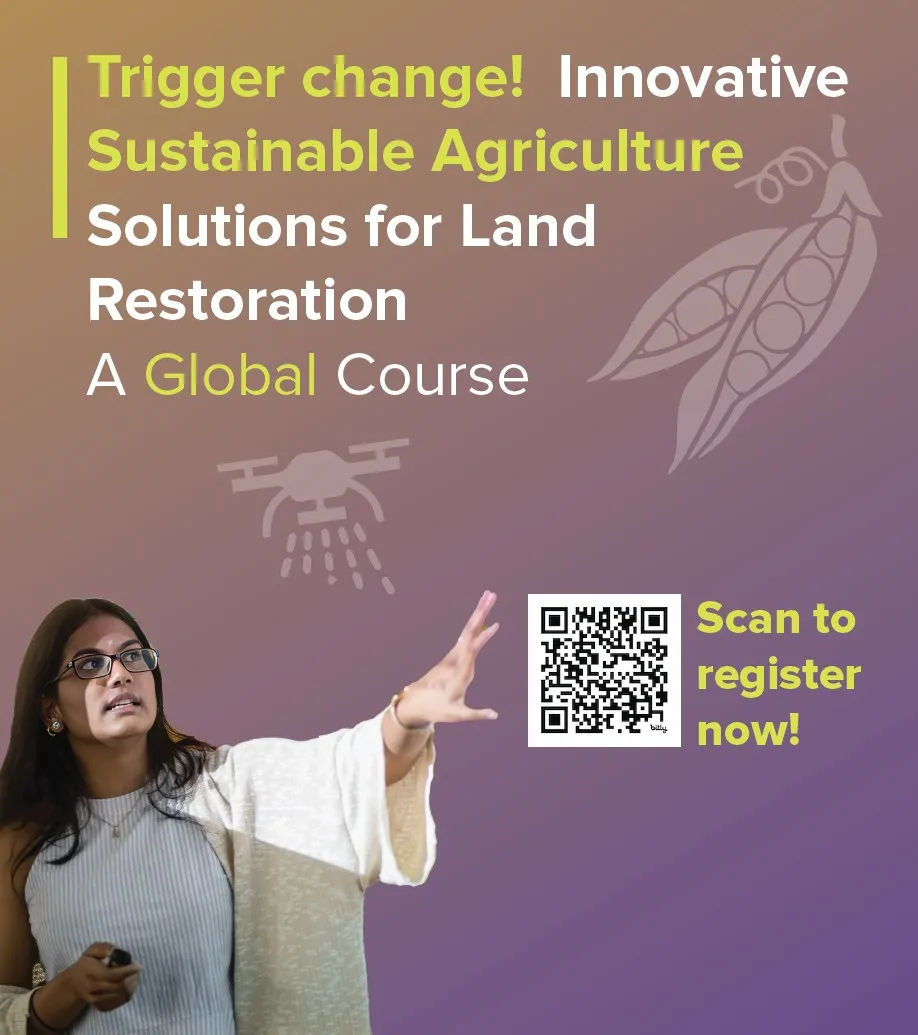
This new course, developed by a team of university professors and sustainable agriculture experts from around the world, serves as a comprehensive resource for educators. It targets university students and training institution participants worldwide enrolled in agriculture and related programs.
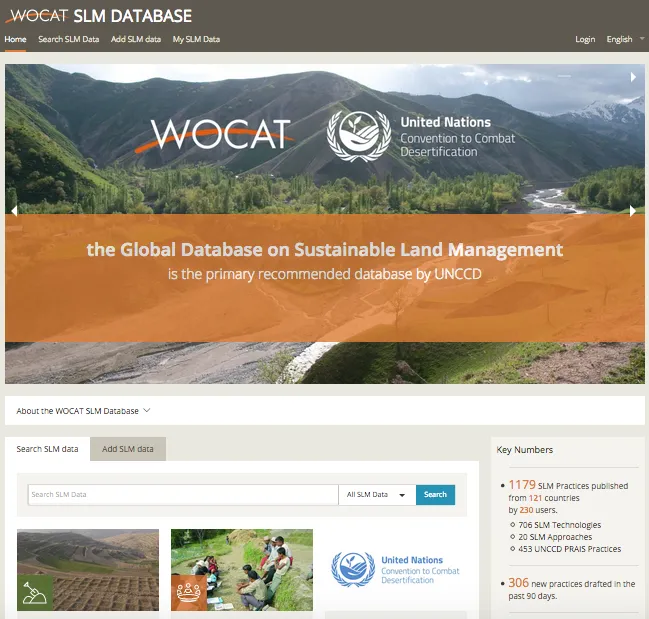
The Global Database on SLM contains a vast range of good practices from all over the world and is the primary recommended database by UNCCD.
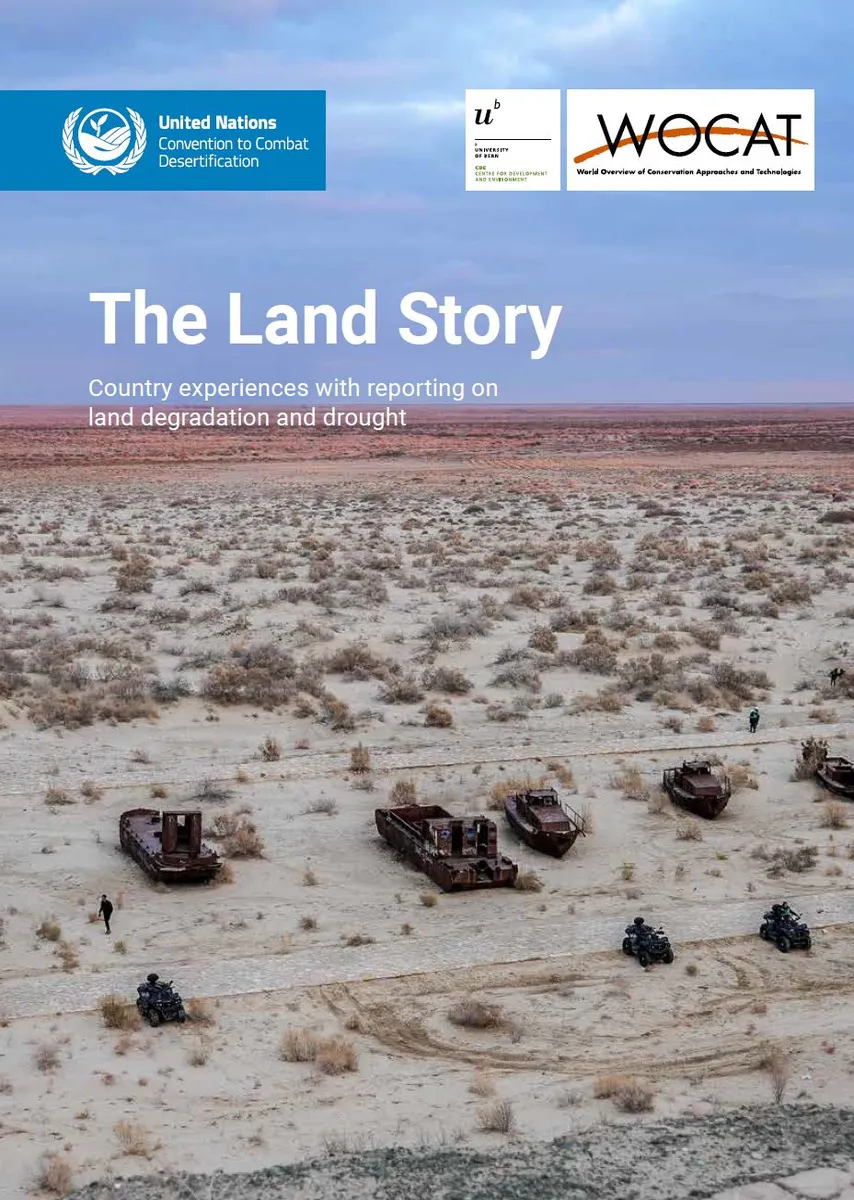
Are you looking for global or national good SLM practices compilations, guidelines, videos, factsheets, papers or other media?
